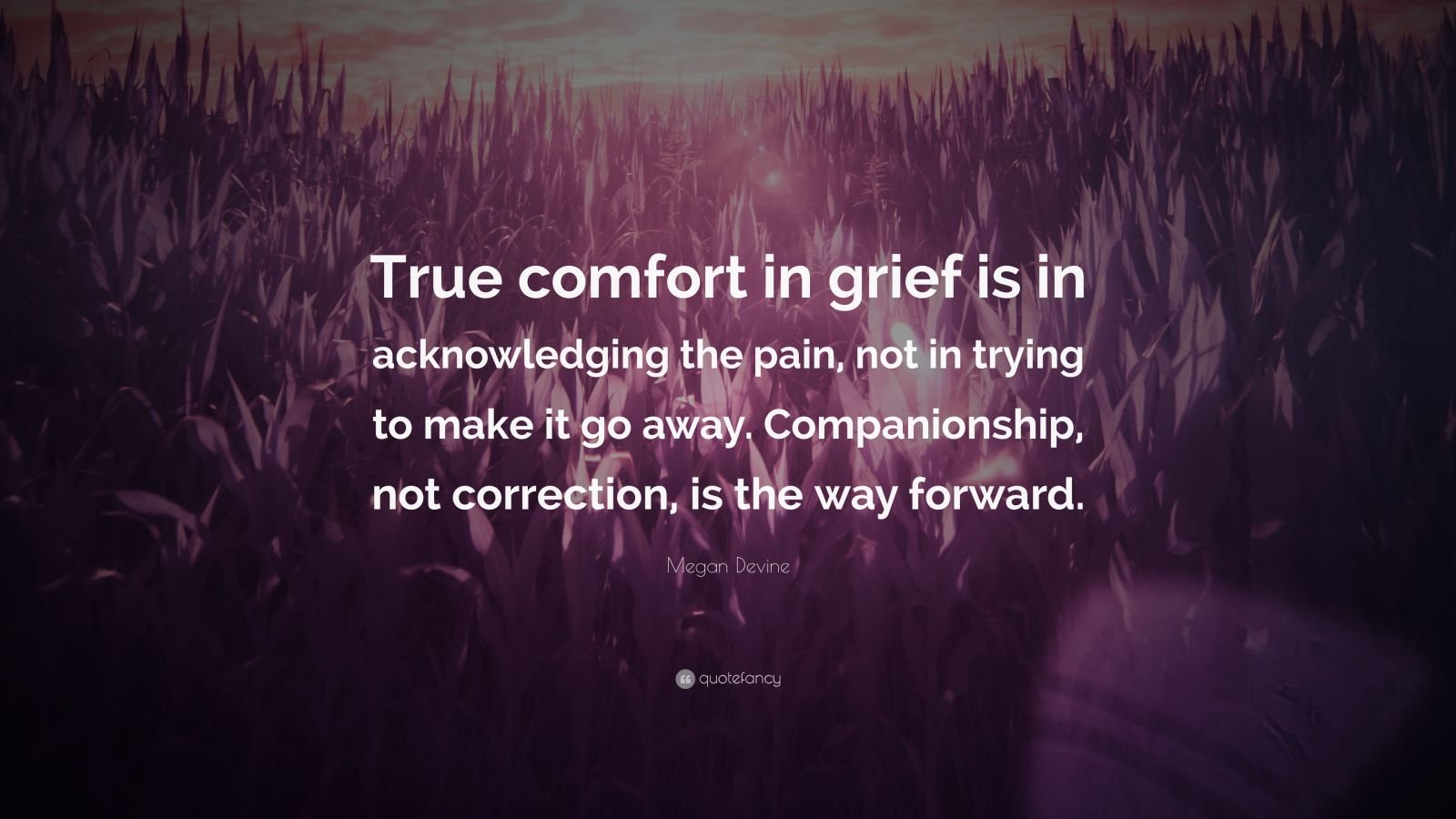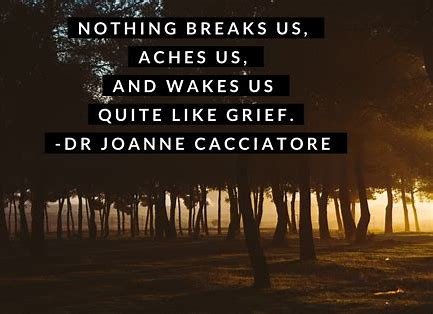Navigating Grief & Loss
As the season changes and holidays approach, many deal with a myriad of feelings connected to grief and loss. Whether someone is experiencing a recent death or moving through another year, grief stings. While some may put up wreaths and lights, bust out the hot coco, or buy gifts, others may create new rhythms and traditions. From the grief of a beloved family member, friend, neighbor, or even cherished pet, loss happens. By creating space for the story to be heard, people are able to grieve and feel understood.
Grief and loss are immeasurable, with no timetable too. Oftentimes, society dictates a certain amount of time for grief and loss, and then people are told to move on. Grief is unique though, and there is no one standard experience nor any set timeframe. Each person needs to find their way to fully grieve.
Dr. Elisabeth Kübler-Ross, an expert on death and dying, summed up grief in five stages: denial, anger, bargaining, depression, and acceptance. Though the stages provide a framework for what happens during grief, Dr. Kübler-Ross always emphasized the stages are not linear. There is no specific map for grief. Modern culture requires steps, but people are complex and human.
Later, David Kessler added a sixth stage to grief, meaning. With meaning and purpose, people are invited to commemorate a loved one. Also, when meaning moves into focus, post traumatic growth occurs and rebuilding takes place. Meaning does not take away the pain but instead provides comfort. There is no meaning in the death, but there is meaning on the other side of the loss. Meaningful moments are created for the grieving person to help with the pain. Such moments may be in areas like making recipes of the loved one, recalling treasured moments to foster gratitude, writing a poem, advocating for a particular group, and/or starting an organization to ignite change. Meaning is individualized and a personal choice.
During the holiday, as you and/or a loved one process grief, take a moment to pause and listen. Be gentle to yourself and others around you! Verbalize or write out any guilt connected to the grief. Understand that grief feels excruciating, but equivalent to the loss. Also, keep in mind the role of the grieving person is not about appeasing others or making them comfortable. Finally, if you or someone in your life feels alone, judged, invisible, or silenced by the weight of grief, reach out for more support. Everyone needs someone to be a witness and validate their grief! For more resources or support with grief, connect with one of our therapists at Know Your Worth Counseling and Wellness.
Grief Devotions & Journals
Even in Darkness: A Devotional journal for Grief: Raw and Honest Devotions with Guided Prompts During Seasons of Grief, Loss and Suffering, Morgan Cheek (Christian)
Held: 31 Biblical Reflections on God's Comfort and Care in the Sorrow of Miscarriage, Abbey Wedgeworth (Christian)
How to Carry What Can’t Be Fixed: A Journal for Grief, Megan Devine
Grief Books
Bearing the Unbearable: Love, Loss, and the Heartbreaking Path of Grief, Dr. Joanne Cacciatore and Jeffrey Rubin
Finding Meaning: The Sixth Stage of Grief, David Kessler
It's OK That You're Not OK: Meeting Grief and Loss in a Culture That Doesn't Understand, Megan Devine
On Grief and Grieving, Elisabeth Kübler-Ross & David Kessler
The Grieving Brain: The Surprising Science of How We Learn from Love and Loss, Mary-Frances O’Connor





